The citizens of the European Union "must constantly participate in the democratic process" and we must "cherish democracy", because "it is not for granted" and it is subject to "great challenges at the moment", declared on Friday, in Bucharest, in an interview for AGERPRES, the Vice-President of the European Commission for democracy and demography, Dubravka Suica, who also assessed as "positive" the situation related to Romania's accession to the Schengen Area, specifying, however, that the decision belongs to the European Council.
She also said that more than half of the proposals that European citizens made through the so-called Conference on the Future of Europe can be easily put into practice, but that others require the change of European treaties, which the European Commission, together with the European Parliament is willing to discuss, but the final decision belongs to the European Council, where the unanimity of the 27 member states is needed.
Although rural areas in the European Union are going through a process of depopulation, they can be made attractive again and repopulated in the future, and life in villages, including in Romania, can be sustainable, if European funds are used properly and if basic services, especially a broadband Internet network, are provided, Croatian Dubravka Suica also declared, Agerpres informs.
She also reiterated the position of the European Commission according to which Romania is ready to become a member of the Schengen Area and evaluated as "positive" the situation related to Romania's accession, stating at the same time that the European Council has the last word.
Dubravka Suica started a visit to Romania on Thursday, during which she met with Prime Minister Nicolae Ciuca, with Gabriela Firea, Minister of Family, Youth and Equal Opportunities, with Daniela Gitman, Secretary of State in the Ministry of Foreign Affairs, and with Nicusor Dan, the General Mayor of Bucharest, and visited the Ominis complex for integrated social services intended for vulnerable people, including Ukrainian refugees, in the Capital city.
On Saturday, the European dignitary will be in central-western Cluj-Napoca, where she will meet with the mayor of the city, Emil Boc, after which she will visit the Babes-Bolyai University (UBB).
AGERPRES: What is the assessment of the European Commission at this moment regarding the chances that Romania will be accepted in the Schengen Area this year?
Dubravka Suica: As you know, the European Commission has decided long ago that Romania is ready to join the Schengen zone. Also, this position has not changed. We are in favour, and the European Parliament is also in favour. However, as I said this morning, the destiny of Romania, Bulgaria, and Croatia is in the hands of the European Council. When I say the European Council, that means there are leaders, there are ministers, they have to decide on this. So far, as I can judge, I think the situation is positive, but of course, I cannot speak on behalf of the European Council.
AGERPRES: You are also dealing with the Conference on the Future of Europe, an important topic now. What guarantees can you offer that the proposals that European citizens have made through this Conference will really be put into practice in the end?
Dubravka Suica: I'm in lead on the conference on the Future of Europe on behalf of the European Commission. But, you know that there are three institutions who are dealing with it, and there was no voting, so every proposal, every measure was brought in consensus. Everything is fine, we have now 49 proposals, which are made by the citizens. Next week we will adopt the next Commission's working programme for 2023. 50% of the Commission's ideas are based on the citizens' proposals, so what we are doing, we are replying to the citizens' ideas, hopes and concerns.
One is, for example, mental health. Another one is food waste. Then is gender equality. There are many ideas; we incorporated them. You also might have heard President Von der Layen ahead of her State of the Union address sent a letter of intent to leaders with different ideas, all of which stem from the conference on the Future of Europe. So we committed ourselves that we will reply and there will be a follow-up, so we expect that there will be a follow-up event on the Conference on the Future of Europe on the 2nd of December when we will invite all the citizens who participate in the conference plenary and in the panels. They will be there, and we will honestly tell them: This can be done, and this can't be done. More than half of this could be done easy, without any changes. Some of the ideas ask for treaties' change. At this moment, the Commission is also ready to start a Convention, as well as the Parliament, but again, it depends on the Council and the 27 member states to decide on it. It's now politically sensitive to say whether it is the right moment, in the middle of the war, on European soil, to open the Treaty, to start a Convention, because it's an institutional change. But, if you listen carefully to what our president said, she wants to enshrine in the treaties solidarity between generations, because now it's all about demography, so we saw how important and vital this solidarity was during COVID, how important it is all the time; you know that we have this Recovery and Resilience Programme, which is not by coincidence called Next generation EU, which means we are borrowing money from the capital markets. The money will be given back by 2059, which means we are borrowing money from the next generation. However, at the same time, we are preparing Europe and Romania for the next generation, together with young people, so this is the best example of inter-generational solidarity ever. Of course, when we talk about inter-generations, we can say that grand-daughters and grand-sons will be helping the grannies how to use digital, and so on. There are many examples of this solidarity, and I think this is our continent's most precious thing.
So you asked me about how can we guarantee. This is how we can guarantee: we have citizens in the process again. We also want to introduce the deliberative democracy into the policy-making process, so we will first organize a new citizen panels on food waste because the President promised that she would invite citizens before any key legislation, and this is the first one. We will select citizens randomly, talk to them, listen to them to see what they want, and then we will incorporate this. We, the Commission, talk about daily issues which can help people's lives. Institutional issues are also important, but they are more important for MEPs. We will see what the Council will say because, if I may be open, smaller member states and medium-sized member states are not in favour of changing treaties on institutions, because they think that they will lose the power in the Council, which is the case. You know that there is a letter, signed by 12 leaders, which says that they are against it. So, let's see how this situation is developing, but at this moment, we will see. I have a General First Council on Tuesday, I will be there on behalf of the Commission, and we will listen to the 27 ministers of European Affairs, including your State Secretary, and see their position.
AGERPRES: Romania has a big demographic problem, just like the entire EU, and it is particularly facing depopulation in rural areas. What do you think Romania should do better to limit this direction?
Dubravka Suica: It is hard to limit anyone because we live in a free Europe, and one of the freedoms is freedom of movement, so whoever wants to go is free to go, of course, but to anticipate what is going to happen, first of all, we adopted a long-term vision for rural areas. Why? Because we realized, after we did a first report on demography, we realized that more than 80% of Europe, and this is also valid for Romania, is covered by rural areas. So, there is a huge potential for being populated and we are trying to make these regions' perspective attractive, by proper use of cohesion policy and funding, this including financing through the Recovery and Resilience Programme and the new 2021-2027 envelope. If these funds are used in a proper way, if they are directed to rural areas, if the services are opened again, if you have healthcare, kindergartens, schools, you have shops, if you have intermodal transport and, above all, if you have broadband Internet, then the life in the villages and the countryside in Romania could also be sustainable, and this is the reason why the first priority of the European Commission is Digital Europe. The second one is the Green Deal. So these are two big European priorities, but they are underpinned by the demographic change, which is obvious. This is the reason why this new portfolio has been established, because we see that there is a phenomenon, in Romania, Bulgaria, Croatia, Greece, people tend to go towards the West, but at the same time there is a phenomenon where people tend to move from rural to urban areas, in Romania, in Spain, in Portugal, so we are trying to establish and create a good environment, good standards, so that people can stay there. And not only those people who are born there, but we can also attract new-comers, and this is the idea, but it's a long-term process, and the results of our work won't be seen soon, so this is a big process and it should also be followed by local authorities, regional authorities and national authorities, and there is no solution, one-size fits all, it's different in Finland, it's different in Romania, because we have to take care about tradition, about culture, so we are working on it, cross-sectorial. My portfolio is horizontal, so I work with all commissioners on this and I think that we will manage to do this, but we have to have a good cooperation with local authorities. Without this, it won't be possible.
AGERPRES: I don't know if you and the European Commission are aware, but now, in the Romanian Parliament, there is a proposal to change the Law on the protection of children, so that they are "protected" against the "promotion of homosexuality" and including sex education. And there have been voices that have expressed concerns about these proposals, saying that they are similar to what happened in Hungary.
Dubravka Suica: I've heard something about that, but I am not competent to comment on national laws, and I am not interfering into the member states' competencies, but as you might know, we adopted first ever European strategy on the rights of child, and for us, this is a precious text, with six priorities, so as long as these laws are not in contradiction with European Strategy for the Rights of Child, we are fine, but I am not commenting this, because I do not know anything more about this.
AGERPRES: What would you say are the biggest challenges to democracy in the European Union in these difficult times?
Dubravka Suica: There are big challenges at the moment. We are talking about democracy vs. autocracy, which is evident, so now we see that democracy cannot be taken for granted. Nothing is taken for granted, so we really have to cherish it, we have to talk to our citizens, and we have to keep citizens involved in the process. So, this is why I was talking about the liberty of democracy, because they have to be constantly involved in the process and they have to be participants of the democratic process, they are not objects of democracy, but they are participants. This is something that we have to cherish, so there are big challenges. Other member states also have autocratic tendencies, so we will have to deal with it. My portfolio is titled "Democracy," but it's much broader than I can explain in a few minutes. The participation of citizens and keeping citizens informed and involved is our best tool.

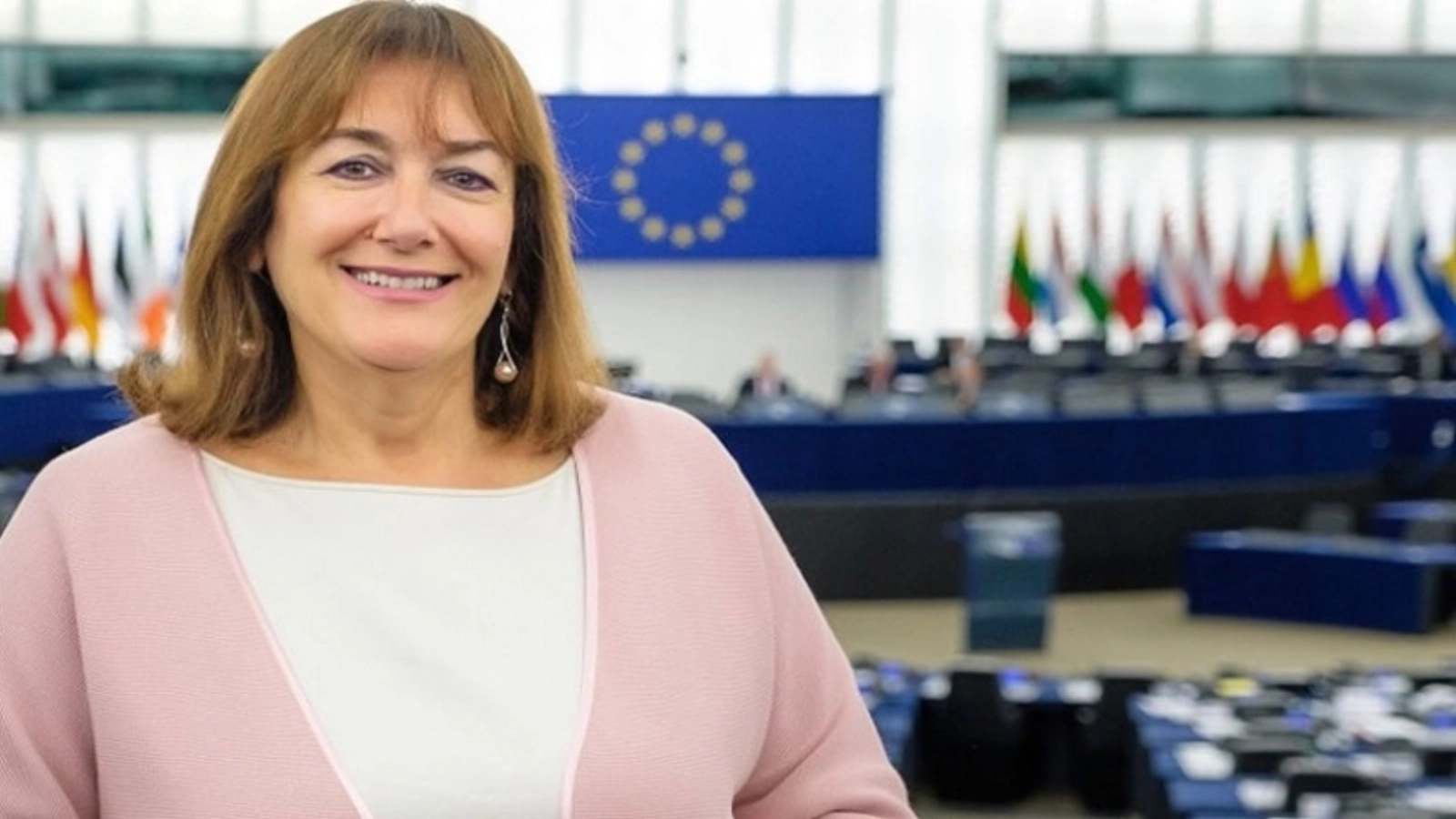




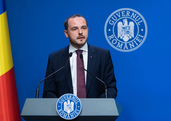
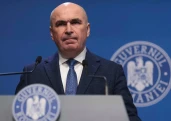
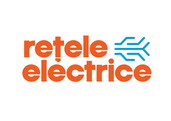
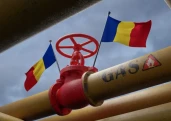

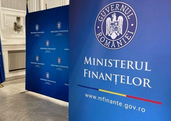
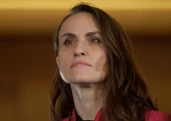
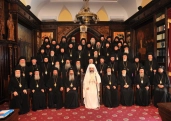
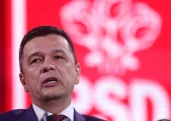





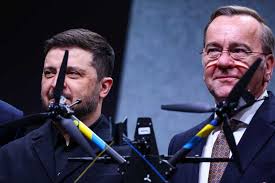
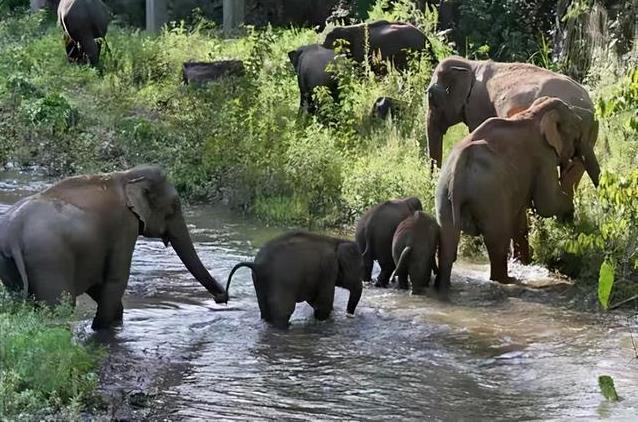
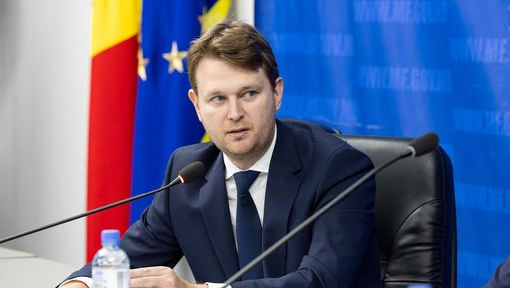









Comentează